A federal judge in San Antonio has issued a temporary injunction blocking parts of Texas’s new law requiring the display of the Ten Commandments in every public school classroom. The decision applies to 11 school districts, including major areas like Austin and Houston, obstructing the law’s implementation set to begin on September 1, 2025. ([turn0news40][turn0news34])
The law, known as Senate Bill 10 (SB 10), mandates framed or poster-based displays of the Ten Commandments—at least 16 × 20 inches in size—based on a version tied to Protestant tradition. It passed the legislature in May and was signed into law by Governor Greg Abbott in June. ([turn0search44])
U.S. District Judge Fred Biery cited constitutional concerns under the Establishment Clause of the First Amendment, emphasizing that students—considered a “captive audience”—would face undue religious pressure, potentially forcing uncomfortable questions upon teachers tasked with responding. He also noted a lack of historical tradition or secular purpose for such mandated classroom displays. ([turn0news32])
Families from diverse religious and nonreligious backgrounds filed the lawsuit, asserting the requirement violates both religious freedom and separation of church and state. Arguments were supported by civil liberties organizations such as the ACLU, Americans United for Separation of Church and State, and the Freedom From Religion Foundation. ([turn0search5])
The judge’s injunction is temporary and district-specific; however, Texas Attorney General Ken Paxton immediately announced plans to appeal. The legal fight may continue through the Fifth Circuit Court of Appeals, and potentially escalate to the U.S. Supreme Court. ([turn0news37])
This case adds to a series of similar laws in other states—such as Louisiana and Arkansas—that have faced legal challenges and injunctions. These cases all echo the longstanding precedent set in Stone v. Graham (1980), in which the U.S. Supreme Court declared a Kentucky law requiring the posting of the Ten Commandments unconstitutional for lacking secular purpose. ([turn0search8], [turn0search43])
Key Points
- Law temporarily blocked: A court injunction prevents SB 10 from being enforced in 11 districts.
- Constitutional concern: The display requirement likely violates the Establishment Clause by imposing religious doctrine in public schools.
- Legal challenge grounded: Plaintiffs include families of multiple faiths, backed by major civil liberties groups.
- Broader legal context: Similar laws in other states have been halted; legal precedent disfavours mandated religious displays in government settings.
- Appeal pending: Texas Attorney General plans to challenge the decision; ultimate resolution may reach the Supreme Court.
Future Projections
| Area | Likely Developments |
|---|---|
| Legal trajectory | The case is set to move through the Fifth Circuit and may reach the U.S. Supreme Court, especially given parallel decisions in other states. |
| Precedent impact | A final ruling could reinforce or expand legal boundaries around religious expression in public schools. |
| Political fallout | The decision may energize both supporters and opponents of religious integration into public education, influencing policy debates and campaigns. |
| District response | Affected districts will halt implementation of Ten Commandments displays, pending the outcome of appeals. |
| National implications | The ruling adds to growing judicial resistance to government-endorsed religious symbols in schools, shaping future legislation and enforcement. |
Neutral Reflection
At its core, this case underscores the tension between legislative efforts to elevate religious heritage in public spaces and constitutional safeguards against government-endorsed religion. Judge Biery’s injunction preserves educational neutrality in the classroom—at least temporarily. How appellate courts respond will be pivotal, potentially redefining the legal landscape around religious displays in public institutions.

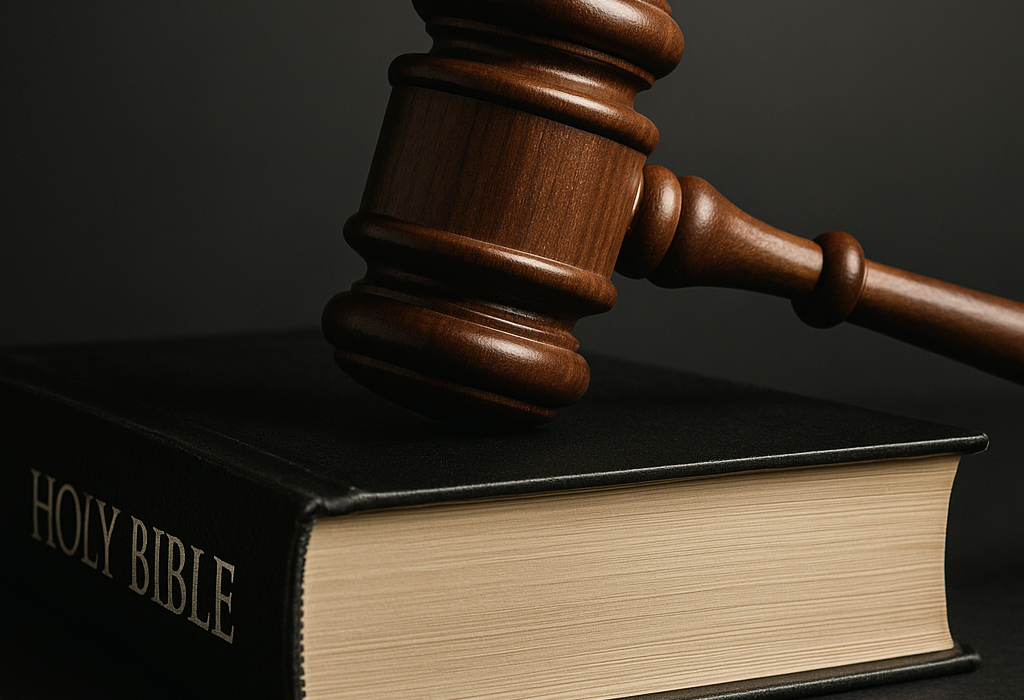


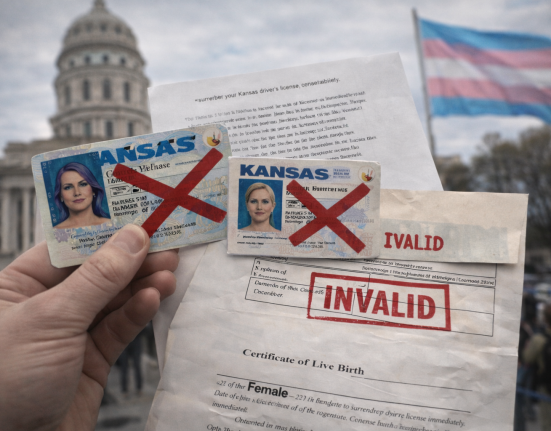
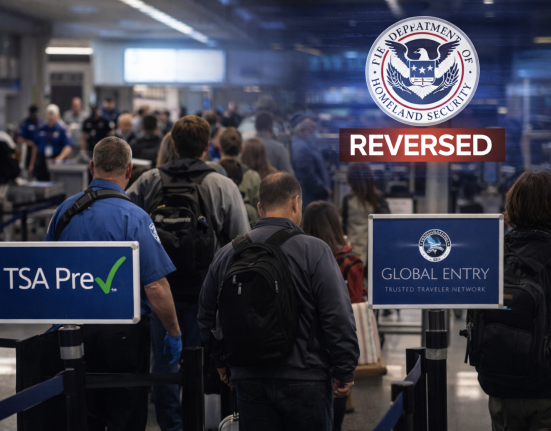
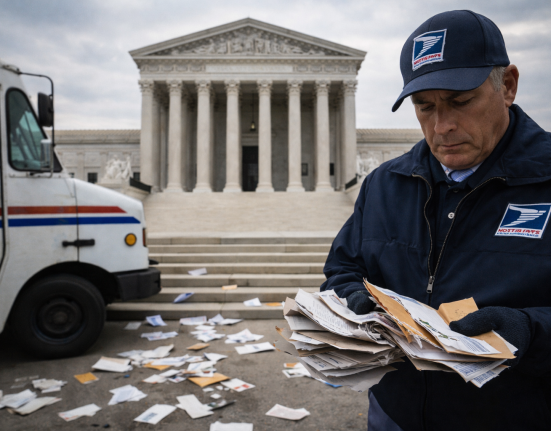
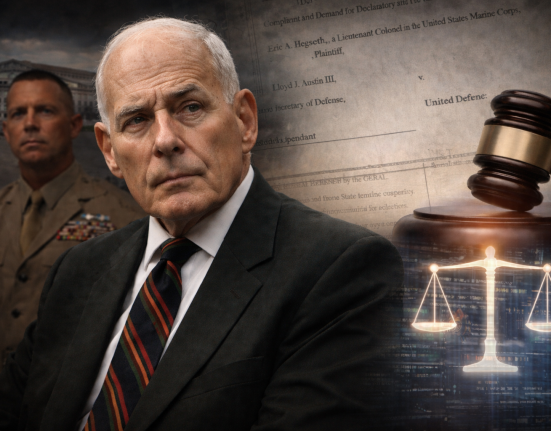
Leave feedback about this
You must be logged in to post a comment.